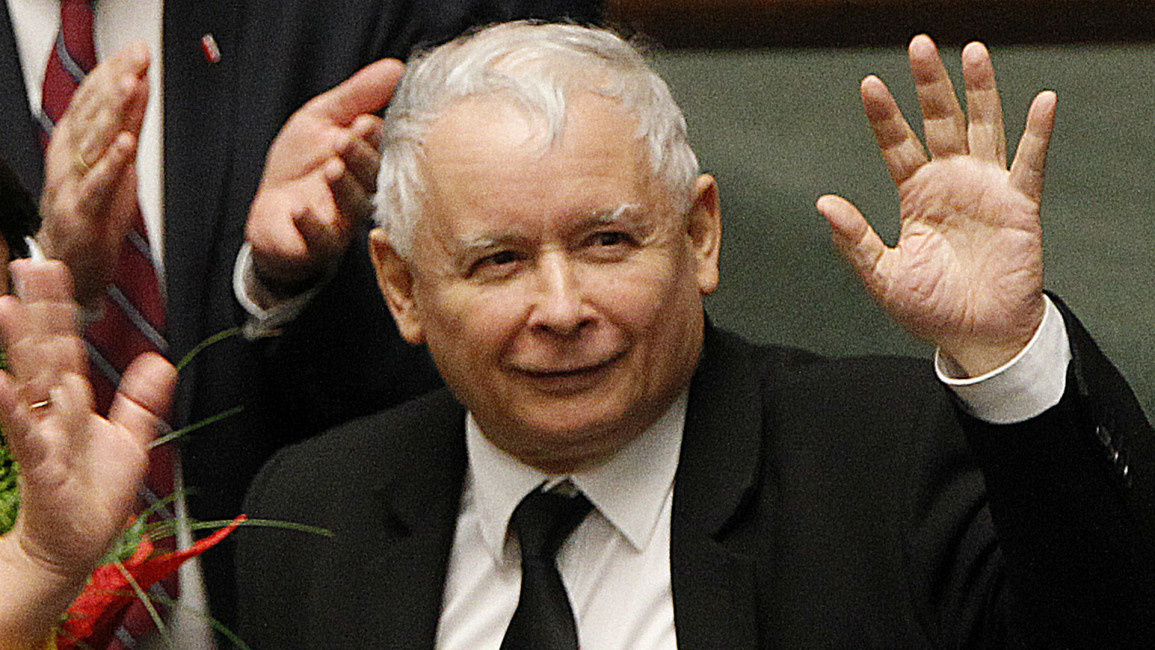Polish leader admits country bought controversial Israeli NSO spyware
Poland's most powerful politician has acknowledged that the country bought powerful spyware from the Israeli surveillance software maker NSO Group, but denied that it was being used to target his political opponents.
Jaroslaw Kaczynski, the leader of Poland’s ruling conservative party, Law and Justice, said in an interview that the software, Pegasus, is now being used by secret services in many countries to combat crime and corruption. He noted that Pegasus represents a technological advancement over earlier monitoring systems, which did not allow the services to monitor encrypted messages.
“It would be bad if the Polish services did not have this type of tool,” Kaczynski said in an interview to be published in the Monday edition of the weekly “Sieci," excerpts of which were published Friday by the wPolityce.pl news portal.
The interview follows exclusive reports by The Associated Press that Citizen Lab, a cyber watchdog group at the University of Toronto, found that three Polish government critics were hacked with NSO’s Pegasus spyware.
On Thursday, Amnesty International independently verified the finding by Citizen Lab that Sen. Krzysztof Brejza had been hacked multiple times in 2019 when he was running the opposition’s parliamentary election campaign. Text messages stolen from Brejza’s phone were doctored and aired by state-controlled TV as part of a smear campaign in the heat of the race, which the populist ruling party went on to narrowly win.
Brejza now maintains that the election was not fair since the ruling party would have had access to his campaign's tactical thinking and plans.
The revelations have rocked Poland, drawing comparisons to the 1970s Watergate scandal in the United States and eliciting calls for an investigative commission in parliament.
Kaczynski said he sees no reason to set up an investigative commission, and he denied that the surveillance played any role in the outcome of the 2019 elections.
“There is nothing here, no fact, except the hysteria of the opposition. There is no Pegasus case, no surveillance,” Kaczynski said. “No Pegasus, no services, no secretly obtained information played any role in the 2019 election campaign. They lost because they lost. They shouldn’t look for such excuses today.”
Kaczynski's allies have denied in recent days that Poland purchased and used Pegasus.
Polish Prime Minister Mateusz Morawiecki called the Citizen Lab-AP findings “fake news” and suggested a foreign intelligence service could have done the spying — an idea dismissed by critics who say no other government would have any interest in the three Polish targets.



